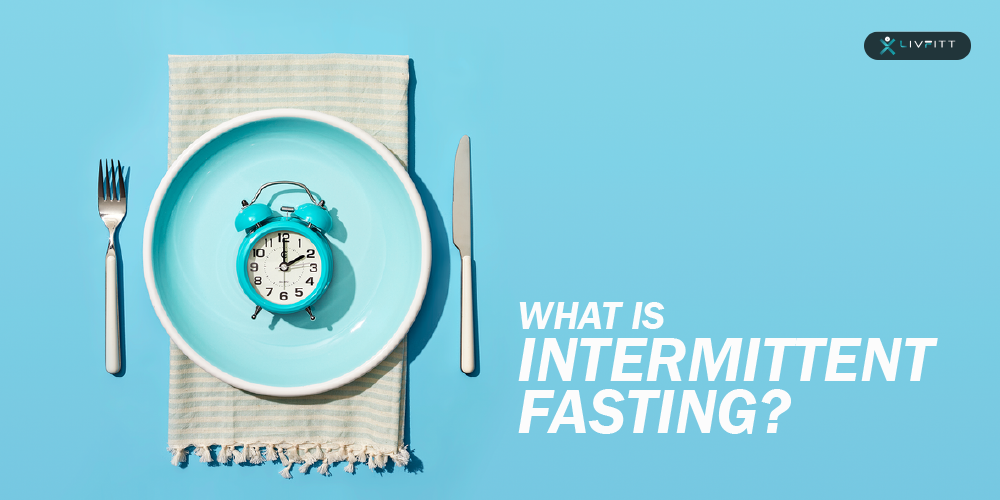
What is Intermittent Fasting?
Intermittent Fasting:
Intermittent fasting or IF is rapidly becoming the most widespread fitness and health trend. Many people are using IF to lead a better lifestyle, improve health, and lose weight. Several studies have demonstrated the powerful effects that occur on the brain and body due to intermittent fasting. Some studies have even shown that IF can help you live longer. The following information is your beginner’s guide to intermittent fasting.
This is an eating pattern that cycles through periods of eating and fasting. The Intermittent Fasting plan doesn’t specify exact foods that you need to eat, but when you ought to eat them. On this plan, a whole food, nutritious eating regimen is recommended. Hence IF is not a conventional diet, but an eating pattern or habit. In this method, fasting occurs for either 16 hours a day or 24 hours, two times per week.
Fasting is not an unfamiliar practice in human evolution. It is more commonplace than we know. Our ancient hunter and gatherer humans didn’t have refrigerators, year-round foods or supermarkets. Sometimes they couldn’t find food to eat. In response to this scenario, they learned to function without food for lengthy periods. In modern society, we see fasting occurring for spiritual or religious reasons. For instance, regular fasting is a common practice in many world religions such as Hinduism, Buddhism, Islam, and Judaism. When you think about it, periodic fasting is more natural than consuming 3 or more meals every single day.
Intermittent Fasting Methods
There are several ways to perform intermittent fasting. The most popular methods are:
16-8 Method
This is also called the Leangains protocol. To follow, you will skip breakfast and restrict your eating period to 8 hours. For example, you may eat between 1 to 9 pm but then you will fast for the remaining 16 hours.
5:2 Diet
On this method, you normally eat for five days and restrict your calorie intake to 500 to 600 calories on two non-successive days in the week, i.e. Tuesday and Thursday.
Eat-Stop-Eat
On this plan, you will fast for 24 hours, either once or twice a week. Then eat regularly on non-fasting days.
On intermittent fasting, you’re reducing your calorie intake which leads to weight loss. However, it will only work if you’re not overindulging in junk food or compensating by eating more during allowed eating periods. Most people prefer the 16-8 method because it’s more sustainable, simple, and easy to follow. It’s no wonder that it’s also the most popular!

